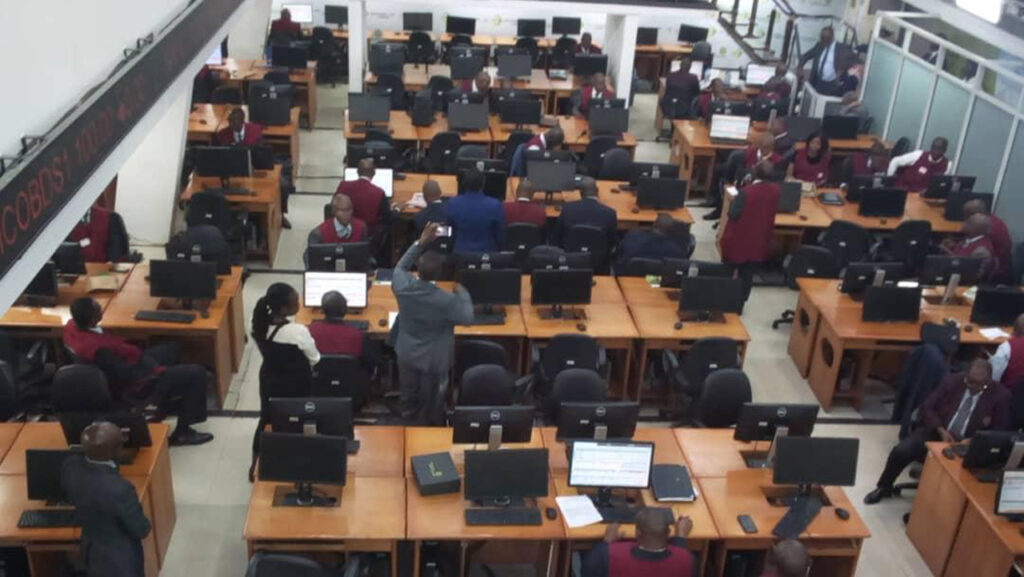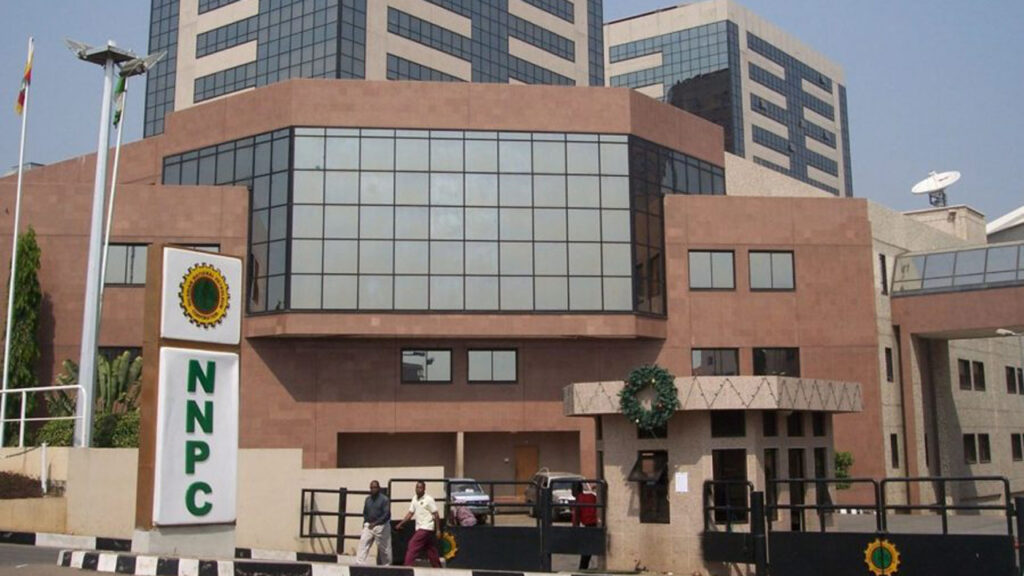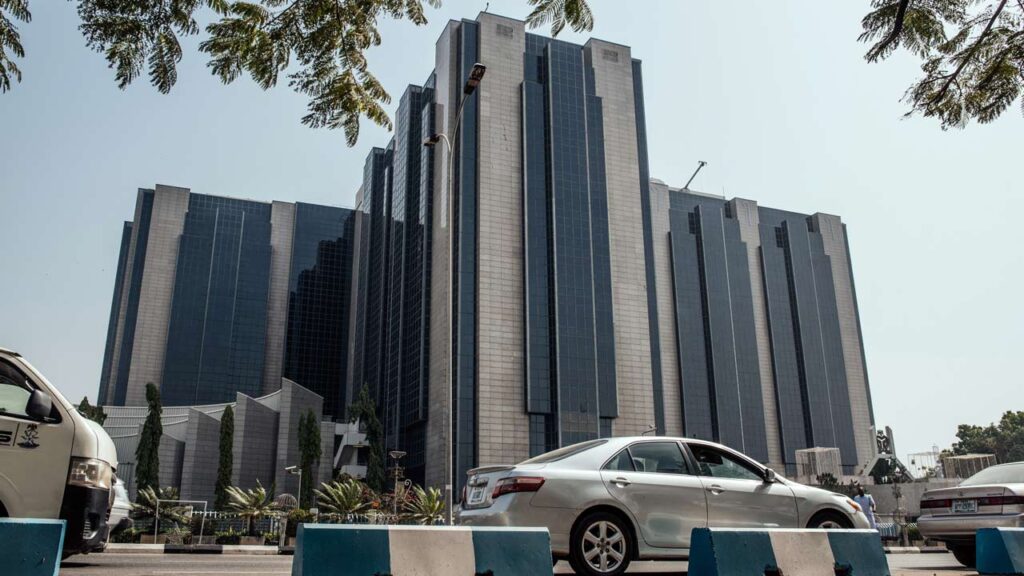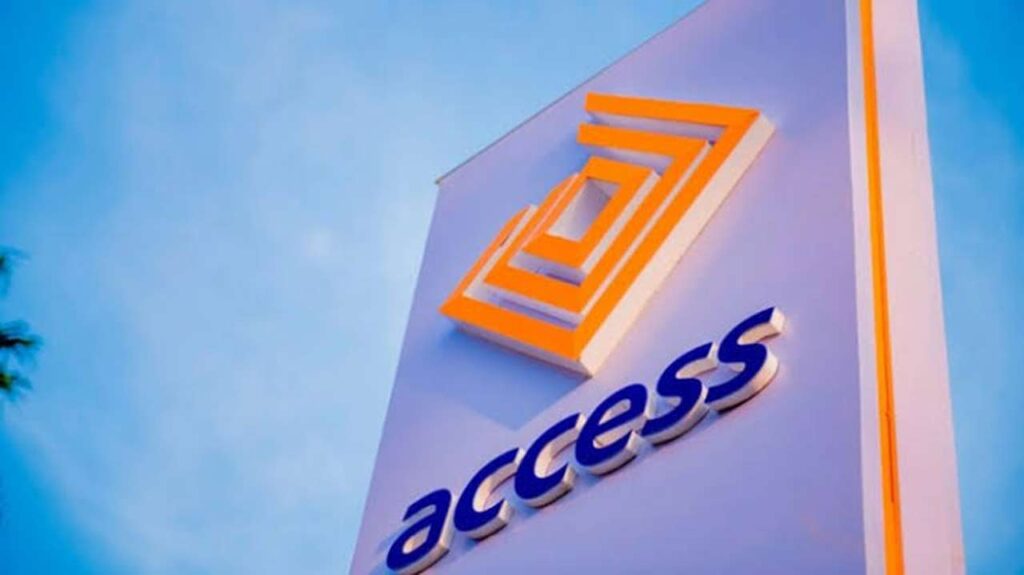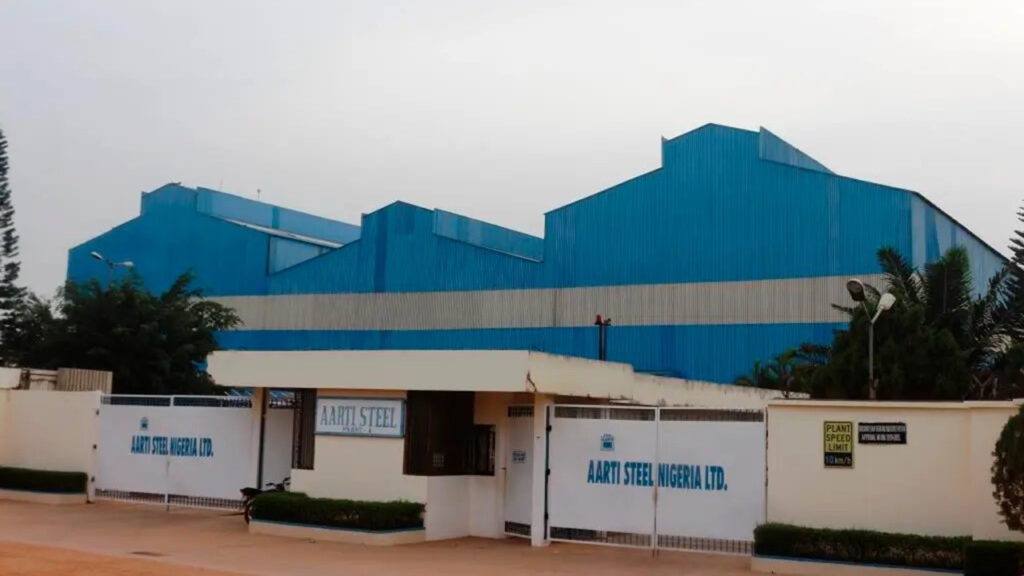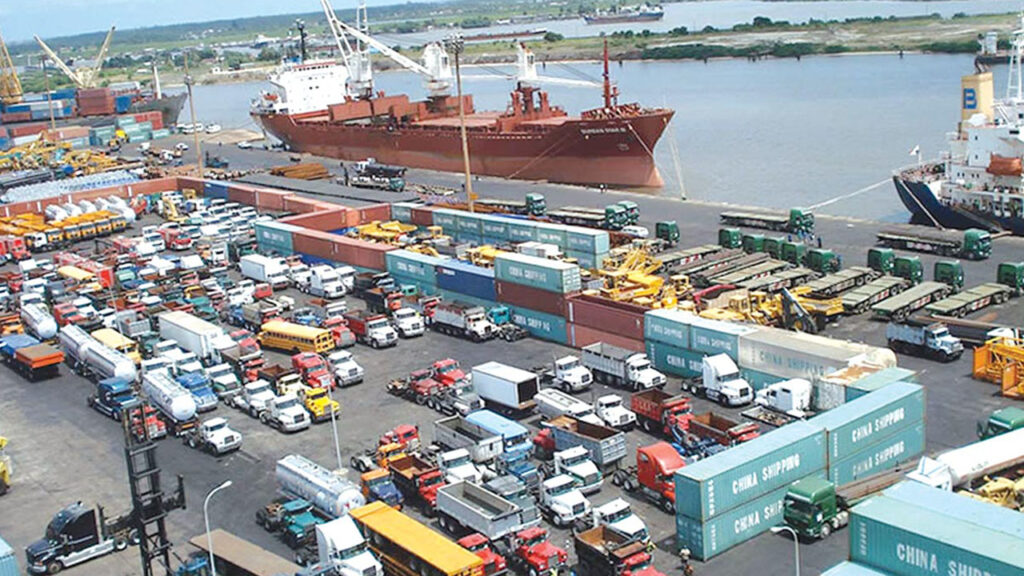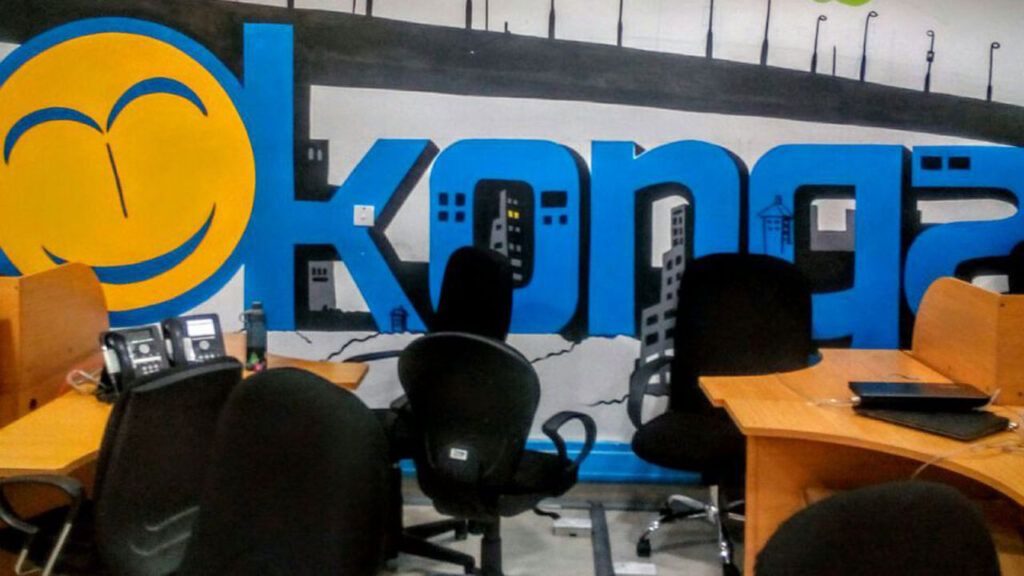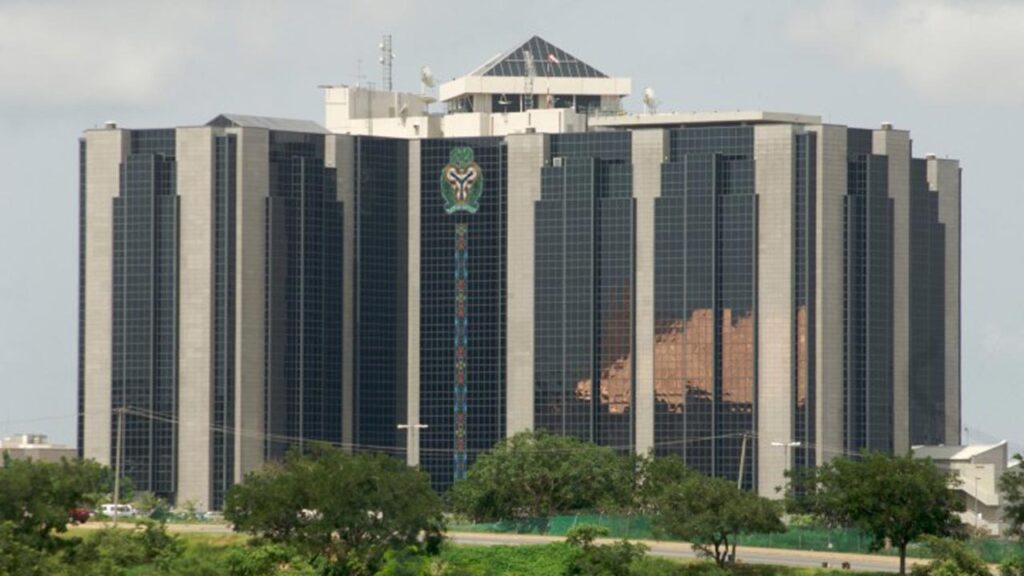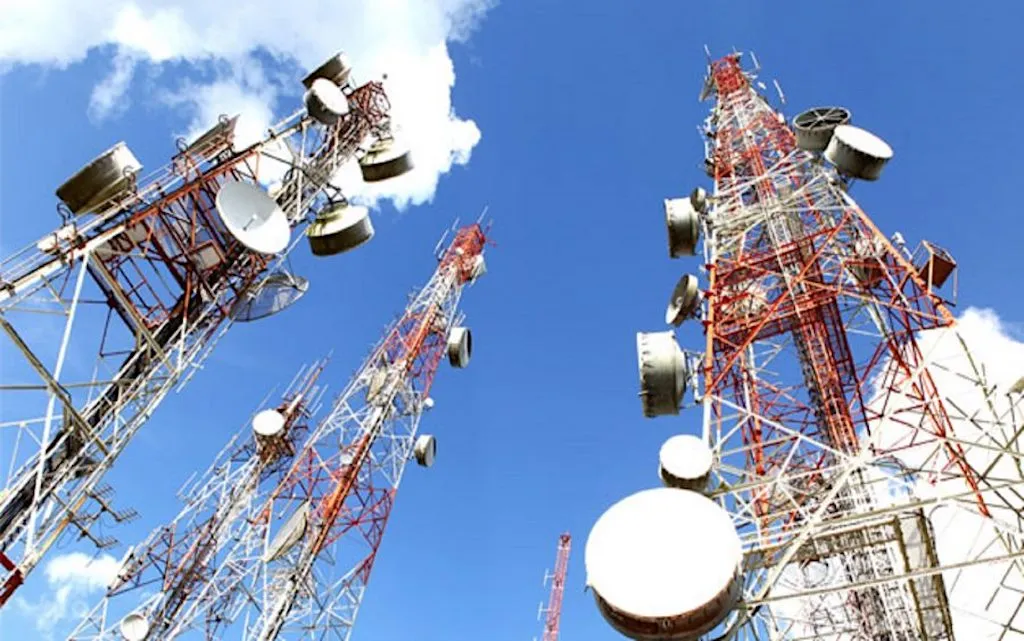
FEDERAL Government’s subsidy on a litre of fuel has increased from N15.82k it recorded one week ago to N30.05k at an exchange rate of N199 to a dollar as at Wednesday.
With this latest development, the country’s subsidy on daily fuel consumption is about N1.5 billion at 38 million litre of fuel imports into the country.
The country consumes about 40 million litre of fuel daily and the local refineries’ contribution to daily consumption is less than 20 per cent.
With the expected open market price per a litre of Premium Motor Spirit, otherwise known as petrol, put at N117.05 as of February 24, the subsidy on the product has increased to N30.05 per litre, according to data obtained from the Petroleum Products Pricing Regulatory Agency on yesterday.
This is the highest subsidy on price per litre of fuel since the Federal Government reduced the pump price from N97 to N87 per litre.
For example, early this month, the government increased subsidy per litre from N10 to N12.27, to N14.79 per litre, to N15.82k and to N30.05per litre as at yesterday.
According to the PPPRA template, the expected open market price per litre is N117.05; landing cost, N102.01; ex-depot price, N77.66; regulated price, N87 while subsidy on expected open market price stands at N30.05 per litre.
The country has four refineries, two in Port Harcourt (PHRC), and one each in Kaduna (KRPC) and Warri (WRPC). The refineries have a combined installed capacity of 445,000 bpd, but hardly contribute substantially to Nigeria’s daily fuel consumption.
For instance, zero metric tons of dry crude oil, condensate and slop was received by the three refineries– KRPC, PHRC and WRPC– in September last year, according to the last statistics from the Nigerian National Petroleum Corporation (NNPC).
NNPC stated in the report: “With an opening stock of 253.26 thousand mt, total crude oil available for processing was 253.26 thousand mt, out of which 74.64 thousand mt was processed. The two respective average capacity utilization during the month was 0.00 per cent, 8.77 per cent and 0.00 per cent for KRPC, PHRC and WRPC respectively”.
It noted that in the month under review, a total national domestic refining produced 46.92 thousand mt of finished and intermediate products.
It disclosed that Pipelines Products and Marketing Company, which lifts products from the refineries, evacuated 174.440 mt of products.
Speaking on why the refineries are not working to full installed capacities, the Executive Secretary PPPRA, Ahmed Farouk stated: “The thing with the refineries is that it is not that they are not working, but the problem is vandalism of the pipelines. Crude is supposed to be transported to the refineries but this cannot happen because evacuation is made almost impossible due to pipeline vandalization.
For example, Port Harcourt refinery that has a short distance of Bonny and Port Harcourt, we lose about 30 to 40 per cent of crude that is transported through the pipelines. When the cost of the losses is calculated, it is even better for Nigeria to import than refining locally. That is the crux of the matter because of efforts at cutting costs. This is because the NNPC regardless of whether the crude is stolen or not, is billed for that amount of crude.
“The Port Harcourt refinery can produce up to 70 per cent; Warri refinery can also go up to 70 per cent and Kaduna refinery can do 60 per cent. So, the refineries can do about 60 per cent capacity on the average.”

